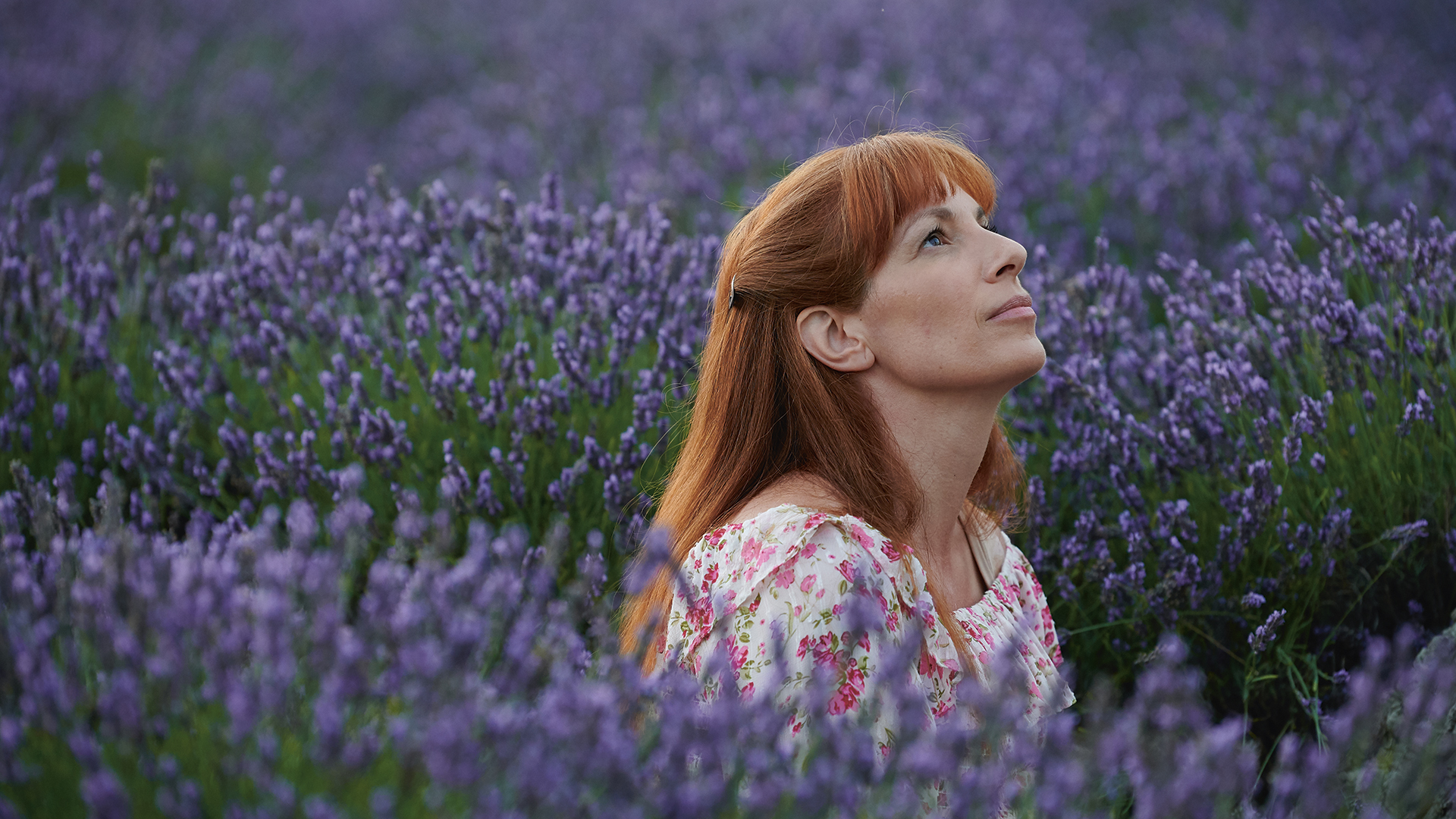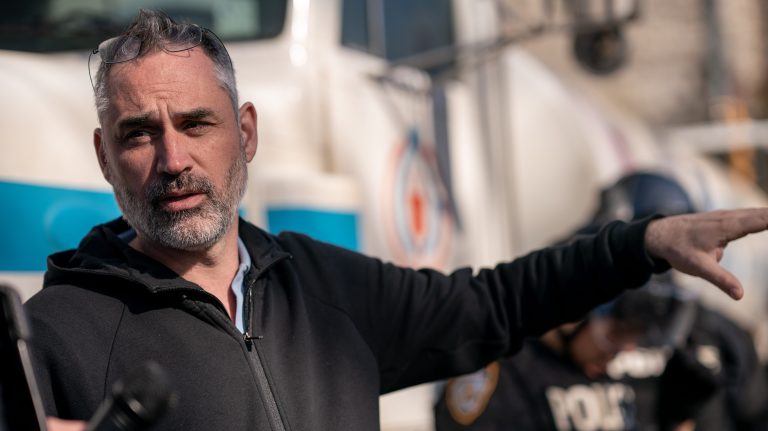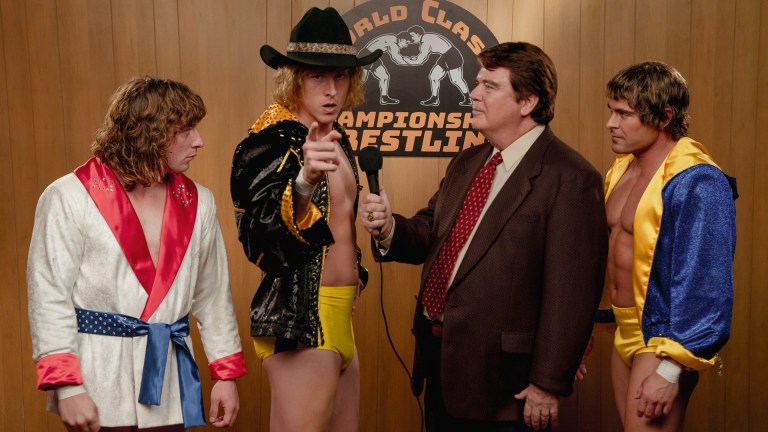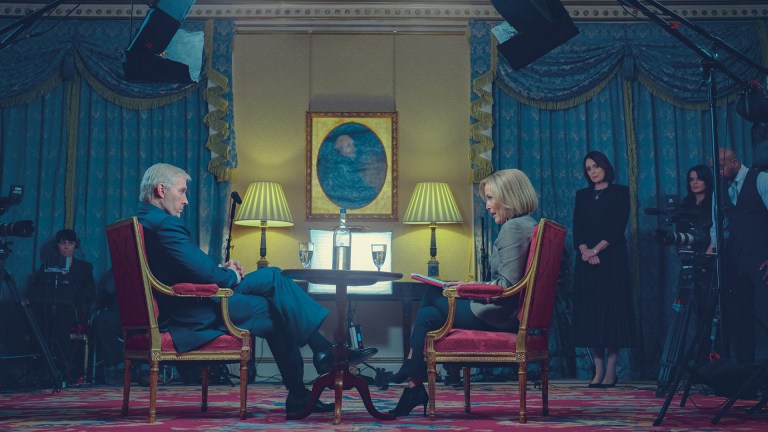Peter Pan has been inspiring writers and filmmakers for over a century since he first swept Wendy off her feet and to Neverland. The original incarnation of JM Barrie’s story was a play in 1904, then printed as the novel Peter and Wendy in 1911.
Make believe is the ultimate rule in Peter Pan’s world, and that’s why the story can take us into such rich
territory. The imagination is bound to run wild, and images can resonate with different readers in deeply personal and unique ways.
We all know the story. But what’s not quite as well known is the last chapter, which Barrie wrote as an additional scene to be added to the play four years after the premiere of the original production. The scene is titled When Wendy Grew Up – An Afterthought. It was only performed on the closing night of the 1907-1908 run of the show. It was later included in the novel in 1911, but was left out of the Disney production and is still not widely known.
At the end of the most commonly known version, Peter promises to come back to Wendy the following spring. However, Peter is very forgetful, and so in the last chapter he returns to Wendy, but only years later when she has grown up and has forgotten how to fly. It’s a very moving moment when Wendy tells Peter she can no longer fly away to Neverland and be his mother because she now has a daughter. As Barrie wrote, Peter will then take Wendy’s daughter and then again her daughter “and thus it will go on, so long as children are gay and innocent and heartless”.
The Lost Girls takes off from here and looks at how Peter visits Wendy’s daughter, and then her daughter, and then her daughter – and the impact his visitations have on the lives of these women.
We see Peter Pan visiting four generations of Darling women, from the original Wendy, wonderfully played by Vanessa Redgrave, to her daughter Jane, played by Joely Richardson and Tilly Marsan, her granddaughter Wendy, played by yours truly alongside Amelia Minto and Emily Carey, until the fourth generation played by Ella-Rae Smith and Ava Fillery.









